If you’re interested in turning your residence into a smart home with electronic gates, you’re not alone. Statistics show an undeniable increase in the demand for homes with smart features.
Currently, there are around 175 million smart homes globally. Statista predicts that this figure will rise to an estimated 481 million by 2025.
This continued popularity proves that smart home technology is no longer reserved for wealthy consumers and the techy type. It also indicates that people are looking for devices that make their lives easier and more efficient while reflecting their personalities.
As you’ll soon realize, the benefits of a smart home are plenty- and it’s much easier to make your standard home smart.
Unlock Next-Level Home Convenience
Convenience is often cited as the biggest advantage of a smart home. Remember when you’ve felt so tired (or lazy) to get off the bed to switch off the lights? Or that morning shift when you weren’t sure whether you had closed the garage door? These are among many other inconveniences that you don’t go through as a smart homeowner.
Smart homes work by integrating various devices through what’s known as the Internet of Things (IoT). Essentially, this involves connecting things like cars, television sets, lights, medical devices, coffee pots, hot tubs, and appliances to create an interconnected network that can be accessed through a hub, smartphone, laptop or tablet.
This network allows home automation. In other words, you create an environment that lets you assess and control all the systems and devices in the network from a single control point- for instance, your phone. You also get notifications from various systems right on your portable device. The cost of automating your home also allows you to control your devices, appliances and systems remotely.
It’s possible to save time and money while developing electronic devices for your smart home by outsourcing your smart home project to an outsourcing company.
Beefed Up Security and Safety
Another added advantage of automation is the added level of safety and security for your family and home. Smart security cameras, for instance, let you keep an eye on every part of your home when you’re out and about. When coupled with motion detectors and automated lighting, these cameras can send notifications to your phone and record clips of intruders.
Automated door locking systems are another nice feature in most smart homes. An obvious advantage of these locks is being able to lock and unlock your doors remotely from the comfort of your smartphone. This keyless function also means that you can allow other people, including your kids, maintenance guys or a neighbor, to enter and leave the house at the touch of a button.
Another way automation enhances the security of your home is by letting you switch devices and lights ON and OFF. This helps create the illusion that there’s someone at home while you’re away, deterring any would-be robbers.
Altogether, these systems not only give you peace of mind by thwarting burglaries. They also keep footage of the event providing you with crucial evidence whenever you need it.
Lower Home Insurance Premiums
Homeowners insurance providers incur hefty expenses in claims due to theft and property loss and damage. For that reason, they appreciate it when property owners are proactive in making their homes more secure.
Home automation can lower risks in various ways. For instance, smoke detectors can automatically detect smoke and alert you to the presence of fires. When connected with residential fire sprinklers, these detectors play a critical role in catching fires early to save lives and minimize damage.
Water damage due to accidental leaks, burst pipes and storms is another costly type of homeowners insurance claim today. If your home automation technology includes smart flood detectors and automatic water control valves, you can get notifications and remotely shut off the water supply to prevent or reduce damage.
A smart home also reduces the risk of theft, break-ins, and other incidences. Without these systems, insurance providers have to pay a substantial amount after every incident. That’s why most homeowners insurance providers are likely to offer significant discounts on monthly premiums if you can prove that your smart home is safer.
Reduced Electricity and Water Bills
Automating an average home can cost between $3000 and $10,000, depending on the level of automation you’re interested in. While this may be a huge cost upfront, automating your home opens up multiple ways of saving you money in the long term.
We’ve just discussed how home automation may help lower your monthly insurance payments. Here are other ways you can make great savings by converting your home into a smart home:
- Automatic lights ON/OFF- occupancy sensors will turn the light ON when they detect motion and turn it off when the room is unoccupied.
- Smart thermostat- smart thermostats learn your daily habits to adjust the temperature settings at different times of the day- depending on your home’s occupancy status- to save you hundreds of dollars on your electric bill.
- Water sensors- smart water leak detector and shutoff system can alert you to leakage and even shut off the water supply. This could save you tons of money in water bills and water damage.
Increased Property Value
As the cost of automation becomes more affordable, most home buyers today are beginning to enquire about smart features.
A survey on the perception of smart homes showed a positive outlook among millennials, Gen Zers and Gen Xers. Specifically, around 780 respondents from the 1030 people surveyed said that automation weighed heavily into their considerations when shopping for a new home. This is good news considering that the smart home market will hit $380 billion by 2028.
Generally speaking, convenience, security and energy-saving are the biggest considerations for most smart home buyers today. Having smart home upgrades, such as automatic garage doors and blinds, smart shades, smart security cameras, smart locks and smart smoke detectors will boost your home’s value. Consequently, you can establish a higher asking price and still attract great buyers.
There’s no exact percentage of how much value your home gets after automation. But most reports claim that this can be anywhere between 5% and 35%. So, before spending your savings on trendy smart systems, work closely with your real estate agent to determine what systems are likely to have the highest return on investment.

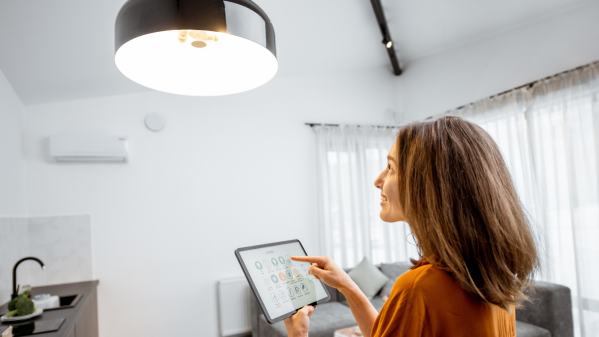
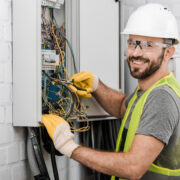

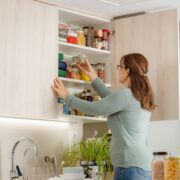

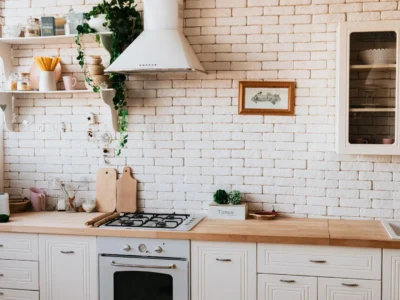
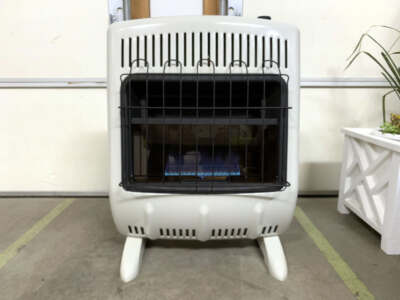
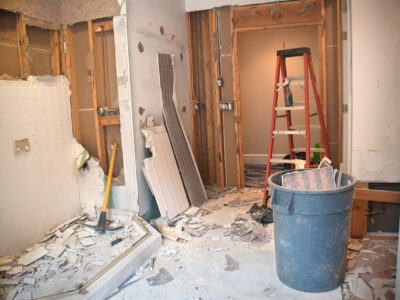
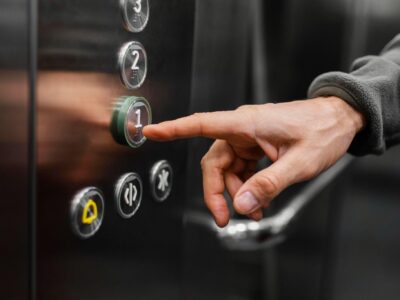
Comments